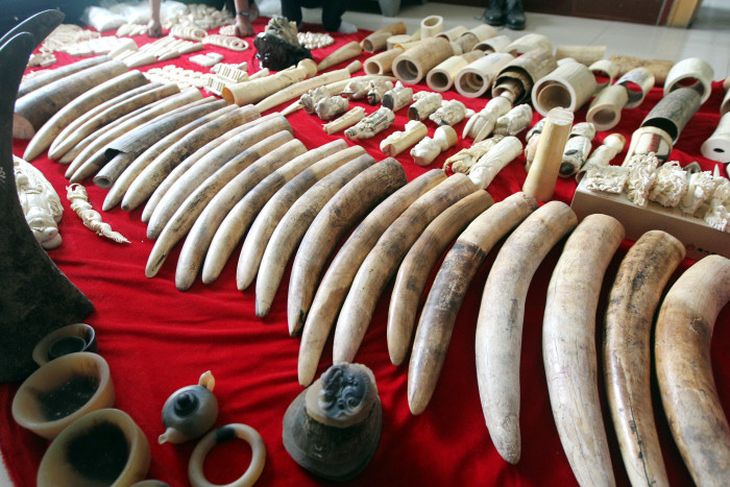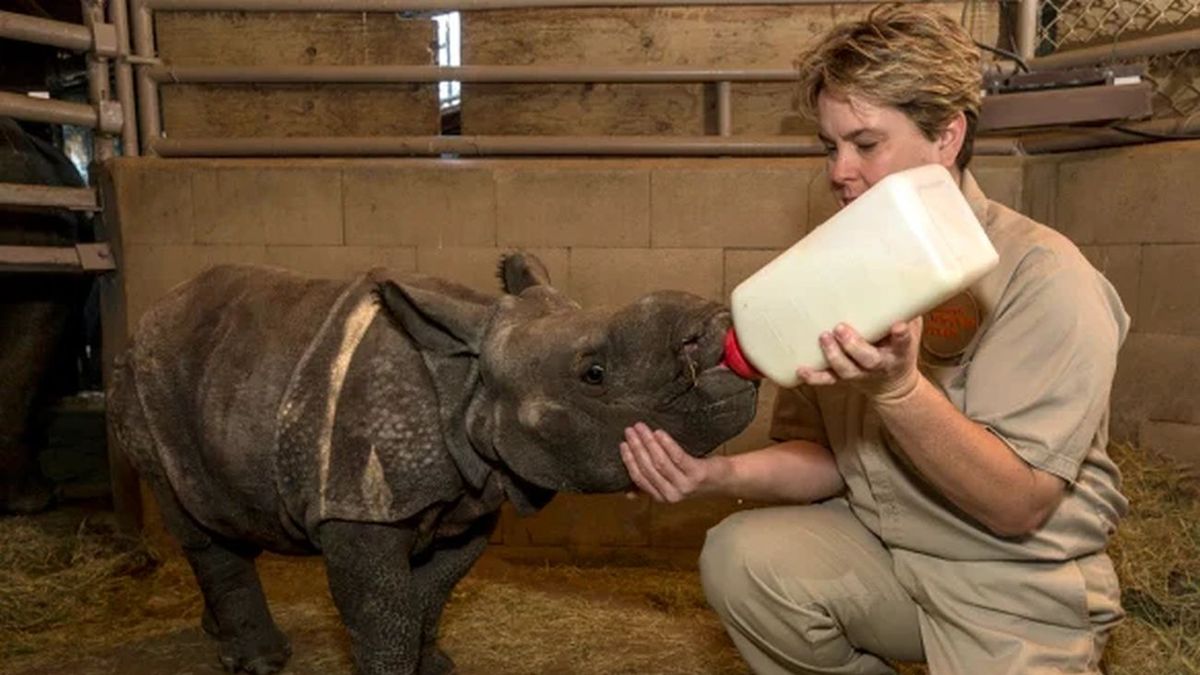“They cannot just move from one moment to another and think that ‘they are already in their place’. You have to do things delicately, they are very sensitive,” says Yolande van der Merwe, director of the Orphanage of the Rhinos.
His mission among those tough-skinned, rectangular-snouted babies boils down to three words: “help, care, and let go.”
When they are born, these baby rhinos they weigh about forty kilos. “They are all small, a little above the knee,” Yolande shows. Afterwards, they eat a lot and gain more than a kilo a day. At one year, these two babies are already approaching half a ton.
Rhinos.jpg
The organization moved in July to a larger venue that was generously offered to them, following the expiration of their old lease.
baby benjia small rhinoceros of only a few months, he was the last to move. He was recently orphaned and the team feared that he would react badly during his move so he was anesthetized and taken in the back of a 4×4 vehicle.
“Most of the time, their mothers were poached,” says Pierre Bester, a 55-year-old veterinarian who has worked with the orphanage since its inception ten years ago. “It’s war out there,” he says.
The South African territory is home to about 80% of the world’s rhinos, although it is also a place where there is a lot of poaching. In the last ten years, thousands of rhinos have died for their horns, which are highly sought after in Asia, especially in Vietnam, due to their presumed virtues.
A luxury so sought after that it can be sold for more than 90,000 euros per kilo, through mafia networks that control illegal trafficking.
Rhinoceros horns.jpg

At the sanctuary, the little orphans are pampered by a team, almost all of them women, who stand in for each other on a permanent basis to help them adjust.
“The rhinos take care of their little ones who are always at their feet 24 hours a day, all week, and that kind of care is what they need,” explains the 39-year-old director.
During the first five months, volunteers sleep every night with the little rhinos“we become their mothers,” says Yolande Van Der Merwe, adding: “They stick to us at night, by contact and warmth in a kind of open stable.”
“If you want to go to eat or go to the bathroom, you have to be replaced. Otherwise the baby gets nervous, screams, cries,” he closes.
The place is equipped with special transmitters that make it easy to follow their movements within the framework of security measures designed to keep poachers away.
Source: Ambito
David William is a talented author who has made a name for himself in the world of writing. He is a professional author who writes on a wide range of topics, from general interest to opinion news. David is currently working as a writer at 24 hours worlds where he brings his unique perspective and in-depth research to his articles, making them both informative and engaging.




